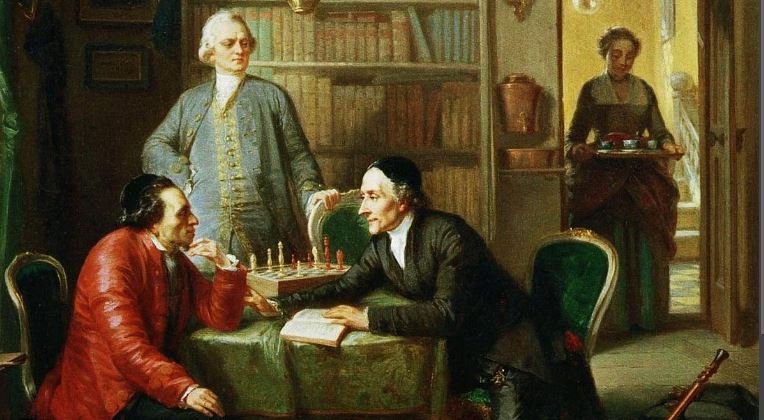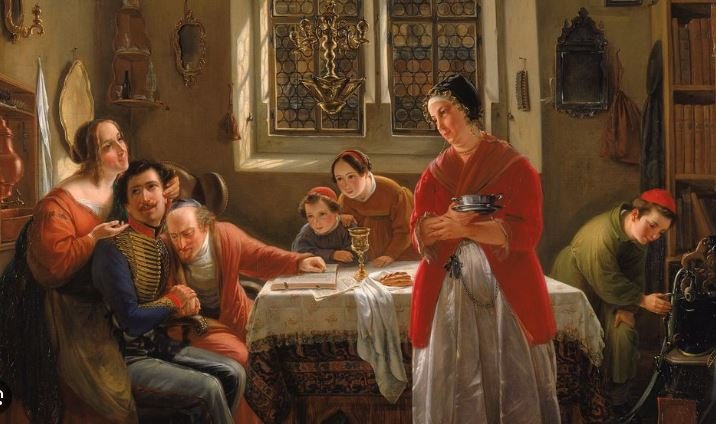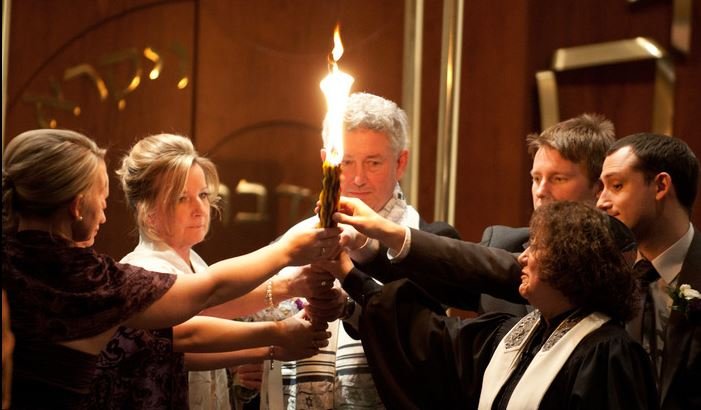Jewish humor, a distinctive and influential tradition, has deep historical roots and continues to thrive in contemporary culture. Its unique blend of wit, satire, and irony has not only entertained but also provided a means for coping with adversity and expressing cultural identity. Understanding Jewish humor involves exploring its origins, evolution, and current manifestations in various forms of media.

Historical Roots of Jewish Humor
Jewish humor’s origins can be traced back to ancient texts such as the Talmud, which contains witty sayings and clever anecdotes. These early examples demonstrate the use of humor as a tool for teaching and commentary. Over the centuries, Jewish communities in Europe and the Middle East developed a rich oral tradition of storytelling, often incorporating humor to convey moral lessons and social critiques.
Humor in the Shtetls
In the shtetls of Eastern Europe, humor played a vital role in everyday life. These small Jewish communities used humor to deal with the harsh realities of poverty, persecution, and displacement. Characters like the “schlemiel” (a bumbling fool) and the “shlimazel” (an unlucky person) became archetypes in Jewish folklore, symbolizing human frailty and resilience. Humor provided a sense of solidarity and relief from the struggles of shtetl life.
Yiddish Theater and Literature
The Yiddish theater and literature of the 19th and early 20th centuries further developed its humor. Playwrights like Sholem Aleichem and writers like Isaac Bashevis Singer infused their works with humor, blending pathos and satire to reflect the complexities of Jewish life. These works often depicted the absurdities and contradictions of modernity, religion, and identity, using humor as a means of critique and introspection.
The Golden Age of Jewish Comedy in America
The migration of Jews to America brought a new chapter in the evolution of Jew humor. The early to mid-20th century saw a golden age of Jewish comedians in vaudeville, radio, and television. Figures like Groucho Marx, Jack Benny, and Milton Berle became household names, bringing Jewish humor to mainstream audiences. Their comedy often drew on Jewish experiences and sensibilities, resonating with a diverse American audience.
Jewish Humor in Hollywood
Hollywood has played a significant role in the dissemination of humor. Filmmakers like Mel Brooks and Woody Allen have created iconic works that blend slapstick, satire, and existential comedy. Their films often explore themes of identity, neurosis, and cultural assimilation, using humor to navigate complex social and personal landscapes. The influence of Jewish humor in Hollywood continues with contemporary comedians like Adam Sandler and Sarah Silverman.
Contemporary Jewish Stand-Up Comedy
Today, humor thrives in the world of stand-up comedy. Comedians like Jerry Seinfeld, Larry David, and Amy Schumer have become cultural icons, known for their sharp wit and observational humor. Their routines often reflect the intricacies of modern life, relationships, and cultural identity, drawing on the rich tradition of humor while addressing contemporary issues.
Jewish Humor in Television
Television has been a significant platform for Jewish humor. Shows like “Seinfeld,” created by Larry David and Jerry Seinfeld, and “Curb Your Enthusiasm,” starring Larry David, have become cultural touchstones. These shows use humor to explore social norms, human behavior, and the quirks of everyday life. They continue the legacy of Jew comedy by combining situational comedy with sharp, often self-deprecating, wit.
Humor in Jewish Festivals and Celebrations
Humor is also an integral part of religious and cultural celebrations. Festivals like Purim, which includes the reading of the Megillah (Book of Esther) with humorous interjections and costumes, highlight the joyous and playful aspects of Jewish tradition. Humor is used to enhance communal bonding and to bring a sense of joy and levity to religious observances.
Jewish humor, with its deep historical roots and contemporary expressions, remains a vital and dynamic tradition. From ancient texts and shtetl folklore to Hollywood films and social media, Humor has adapted and thrived, reflecting the resilience and creativity of its culture. As it continues to evolve, it will undoubtedly remain a significant and influential form of cultural expression.




